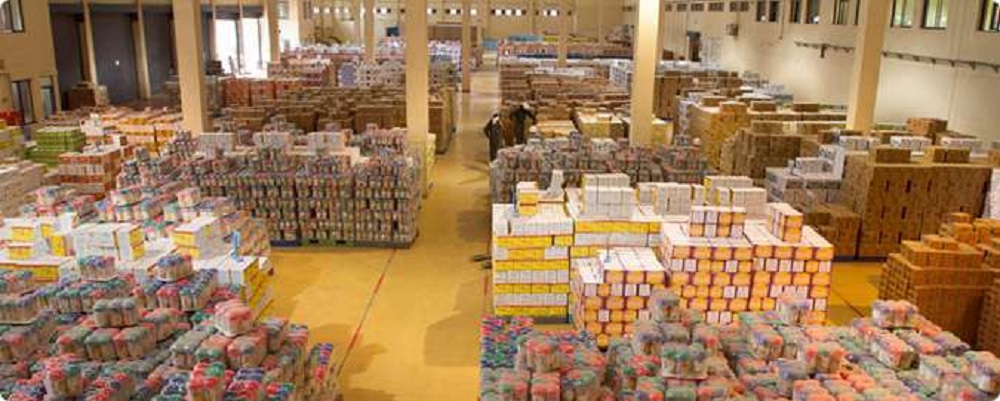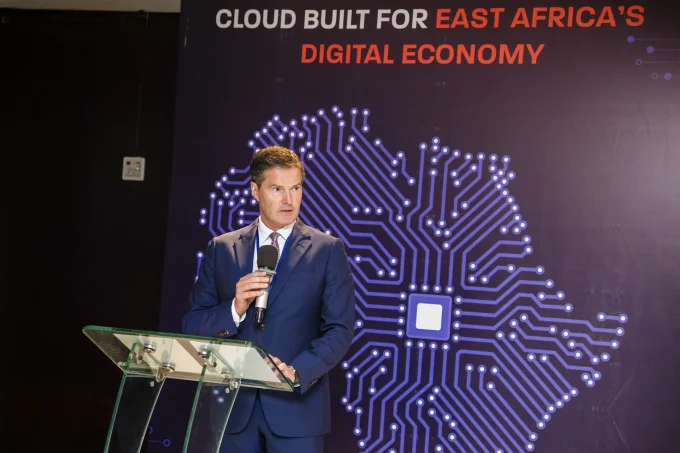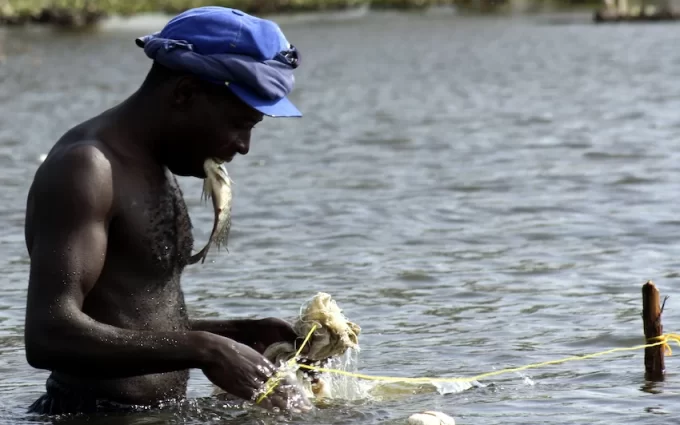The Kenya Association of Manufacturers (KAM) is protesting the refusal by Tanzanian Authorities to allow Kenyan goods from accessing the Tanzanian market.
Tanzania is demanding a 25% tariff on confectionary, Cerelac, juice, ice cream and chewing gum despite an East African Community agreement that grants free access to products that meet the EAC origin criteria.
Tanzania cites EAC Legal Notice number EAC/70/2017- where Kenya was granted duty remission on raw sugar, at a zero-rated duty for one year to manufacture sugar for industrial use – as justification for its actions.
“However, these actions would only be permissible if the product being exported to Tanzania is industrial sugar made from the raw sugar under remission. This is not the case,” reads a statement from KAM.
The denial of entry for Kenyan goods into Tanzania continues despite Kenya Revenue Authority’s intervention to clarify the matter to its Tanzanian counterpart.
KAM says KRA has provided detailed information with evidence that manufacturers of the affected products, import industrial sugar as well as providing sample paid entries that demonstrate that companies producing these goods have been subjected to the 10% duty as they fall under EAC duty remission scheme.
The latest trade restriction comes amidst high-level talks between Kenyan and Tanzanian authorities to remove tariff and the non-tariff barrier which has seen Tanzania impound and block goods from Kenya.
KAM says the continued disruptions have reduced trade business between the two countries leading to lack of goods and loss to businesses.
Tanzania is Kenya’s second most important market in the East African region. Kenya’s exports to Tanzania grew to Ksh 16.9 billion in 2004 to Ksh 42.7 in 2014 before declining to Ksh 33.7 billion in 2015.
READ: Taxify introduces emergency rescue for drivers, passengers
Imports from Tanzania grew from Ksh 2.1 billion to Ksh 18.4 billion in 2014 and declined to Ksh 16.9 billion in 2015. Kenya is also the second leading African investor in Tanzania, with total investment outlay of USD. $1.54 billion, with over 455 projects and employing over 50, 000 people.
– Story credit: Ken Macharia/Capital Business













Leave a comment